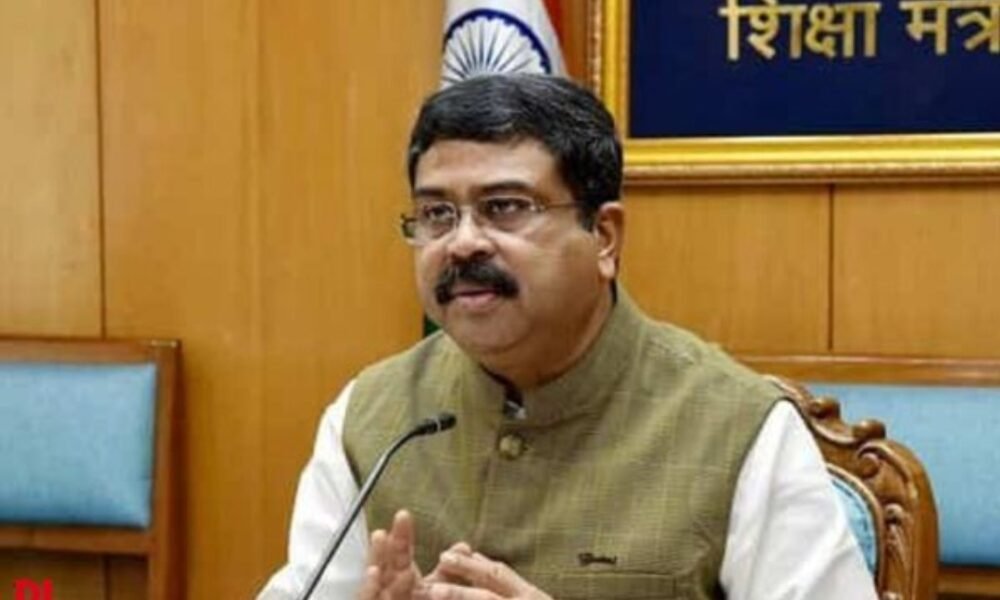
Education Ministry Allocates Rs 100 Crore to Integrate Vedas into Curriculum In a significant move aimed at preserving and promoting India’s rich cultural heritage, the Education Ministry has announced the allocation of Rs 100 crore for the inclusion of Vedas in the national education curriculum. This strategic initiative reflects the government’s commitment to revitalize traditional knowledge systems and impart a holistic education that encompasses both ancient wisdom and modern learning.
The Vedas, considered the oldest sacred scriptures of Hinduism, are a vast body of knowledge encompassing hymns, rituals, philosophy, and guidance on ethical living. By incorporating Vedic teachings into the mainstream education system, the government aims to provide students with a comprehensive understanding of India’s cultural and spiritual roots.
Education Minister [Minister’s Name] expressed enthusiasm about this landmark decision, emphasizing the importance of reconnecting with the country’s ancient heritage. “The Vedas are a treasure trove of timeless wisdom, and it is crucial that our younger generation is exposed to this reservoir of knowledge. Integrating Vedas into the curriculum will not only foster a sense of cultural pride but also contribute to the holistic development of students,” the minister stated.
The allocated funds will be utilized for the development of specialized curriculum modules, training programs for teachers, and the creation of educational resources that make Vedic teachings accessible and engaging for students across different age groups. The ministry is collaborating with scholars, educators, and religious leaders to ensure that the integration of Vedas into the curriculum is done in a manner that is academically rigorous and culturally sensitive.
This initiative aligns with the broader efforts of the government to promote a well-rounded education system that combines traditional knowledge with contemporary learning. Critics, however, raise concerns about the potential for religious bias and the need to maintain a secular educational environment. The Education Ministry has assured that the curriculum will be designed in a way that promotes cultural awareness without imposing any particular religious beliefs.
The decision has sparked discussions among educators, parents, and scholars, with some welcoming the move as a step toward preserving India’s cultural identity, while others caution against diluting the secular nature of education.
As the Education Ministry embarks on this ambitious venture, the successful integration of Vedas into the curriculum will likely set a precedent for how other aspects of traditional knowledge are incorporated into modern education, shaping the next generation’s understanding of India’s rich cultural tapestry.
Last Updated on: Wednesday, November 29, 2023 10:13 am by Admin | Published by: Admin on Wednesday, November 29, 2023 10:13 am | News Categories: News, Education, India, Opinion, Politics, Technology

Leave a Reply Cancel reply